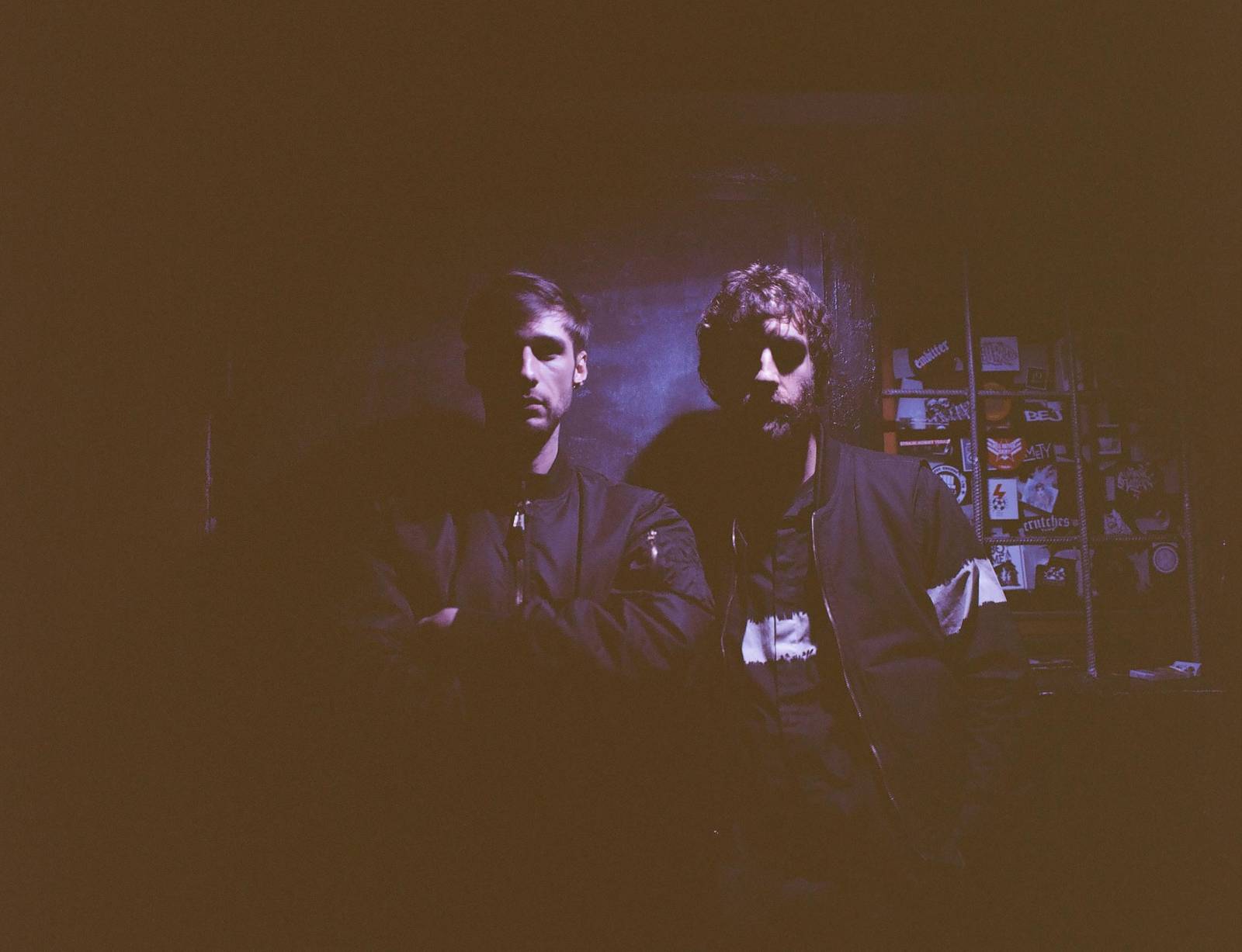
Nigdy nie interesowali się modą, nie nazywają się też projektantami. Dwóch przyjaciół z podstawówki założyło idealistyczną markę, w której zakochała się Japonia z Rei Kawakubo na czele. Ich bezkompromisowe ubrania można znaleźć w Dover Street Market, a nowa linia Comme des Garçons CDG, która właśnie weszła na rynek, celebruje swoje powstanie koszulką ich autorstwa.
Dreamland Syndicate tworzą Paweł Eibel i Michał Kozłowski, inaczej „Kozi”. Znają się od podstawówki na warszawskiej Ochocie, dorastali chodząc na te same koncerty, razem jeździli na deskorolce. Trochę później Kozi poszedł na studia artystyczne, skupiając się na grafice, a Paweł wybrał fotografię. – Rozumieliśmy się, więc dobrze nam się współpracowało. Wydawaliśmy zin „Sąsiedzi” – wspomina Paweł, który nie ukrywa, że w pewnym momencie, jakieś trzy lata temu, poczuli z Michałem, że świat sztuki ich męczy. – Chcieliśmy zrobić wreszcie coś bez tłumaczenia, dlaczego i po co. Chociażby wykorzystać w pracy „Krzyk” Muncha. Jeśli użyjesz tego rodzaju cytatu na płótnie, musisz się z niego wyspowiadać, uzasadnić decyzję, podeprzeć jakąś intelektualną teorią. Ale gdy tę samą rzecz przeniesiesz na koszulkę, nagle okazuje się, że nikt nie ma z tym problemu, a cytat nie podlega już krytyce, tylko odbiorowi – tłumaczy.
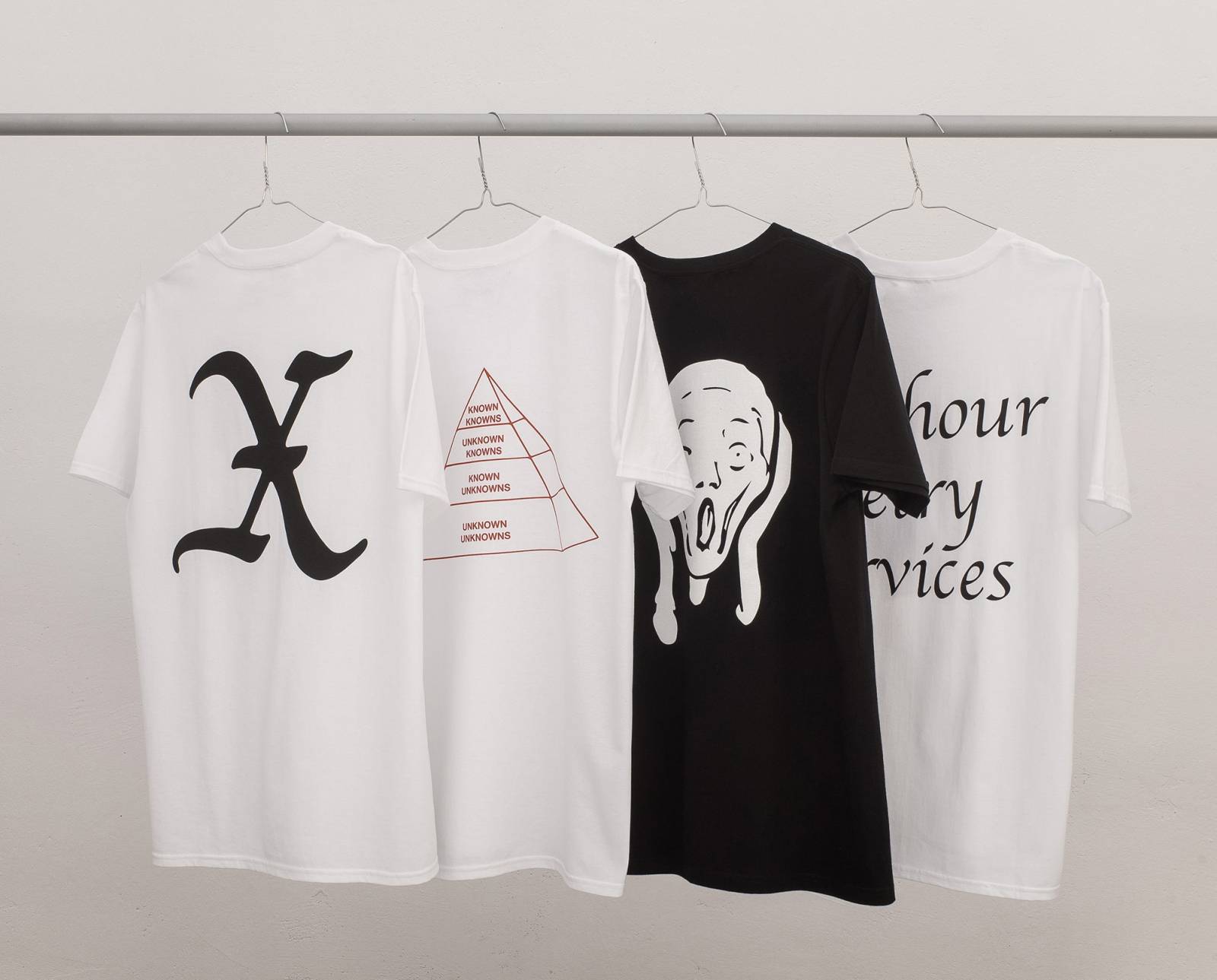
Chłopakom koszulki nie kojarzyły się z modą. To był dla nich naturalny element kultury postpunkowych zespołów i deskorolkowego świata. Pewnie dlatego zrealizowali swój nowy pomysł tak naturalnie i spontanicznie. Bez biznesplanu i strategii marketingowej. Bo choć T-shirty stały się dla nich nowym medium, to treści, które nimi wyrażali, pozostały spójne ze wszystkim tym, czym zajmowali się jako artyści. Pierwsze modele koszulek, dostępnych dziś m.in. w Dover Street Market w Londynie, niosą mocny społeczny przekaz. – Odnoszę się do utopijnych sposobów organizacji życia popularnych w latach 70., czy książek takich jak „T.S.A.” Hakima Bey’a – opowiada Kozi, starając się zamknąć w jednym zdaniu anarchistyczne wizje budowania społeczeństwa przez architekturę, które zainspirowały go do stworzenia grafik.
– Koszulki od razu się spodobały, u przyjaciół widzieliśmy autentyczny entuzjazm – wspominają. Na początku marka sprzedawała ubrania po kosztach wśród znajomych i znajomych znajomych. W Warszawie i Londynie, a z czasem zataczając coraz szersze kręgi. – Po pół roku na koncercie w Pogłosie (warszawski klub, prowadzony przez przyjaciół chłopaków – przyp. red.) nasze T-shirty mieli artyści na scenie, dźwiękowiec i kilka osób z publiczności – wspomina Paweł. – W Londynie zaskoczyło jeszcze szybciej, bo tamtejszy rynek jest bardziej chłonny i ludzie sami szukają niszowych marek – dodaje Kozi.
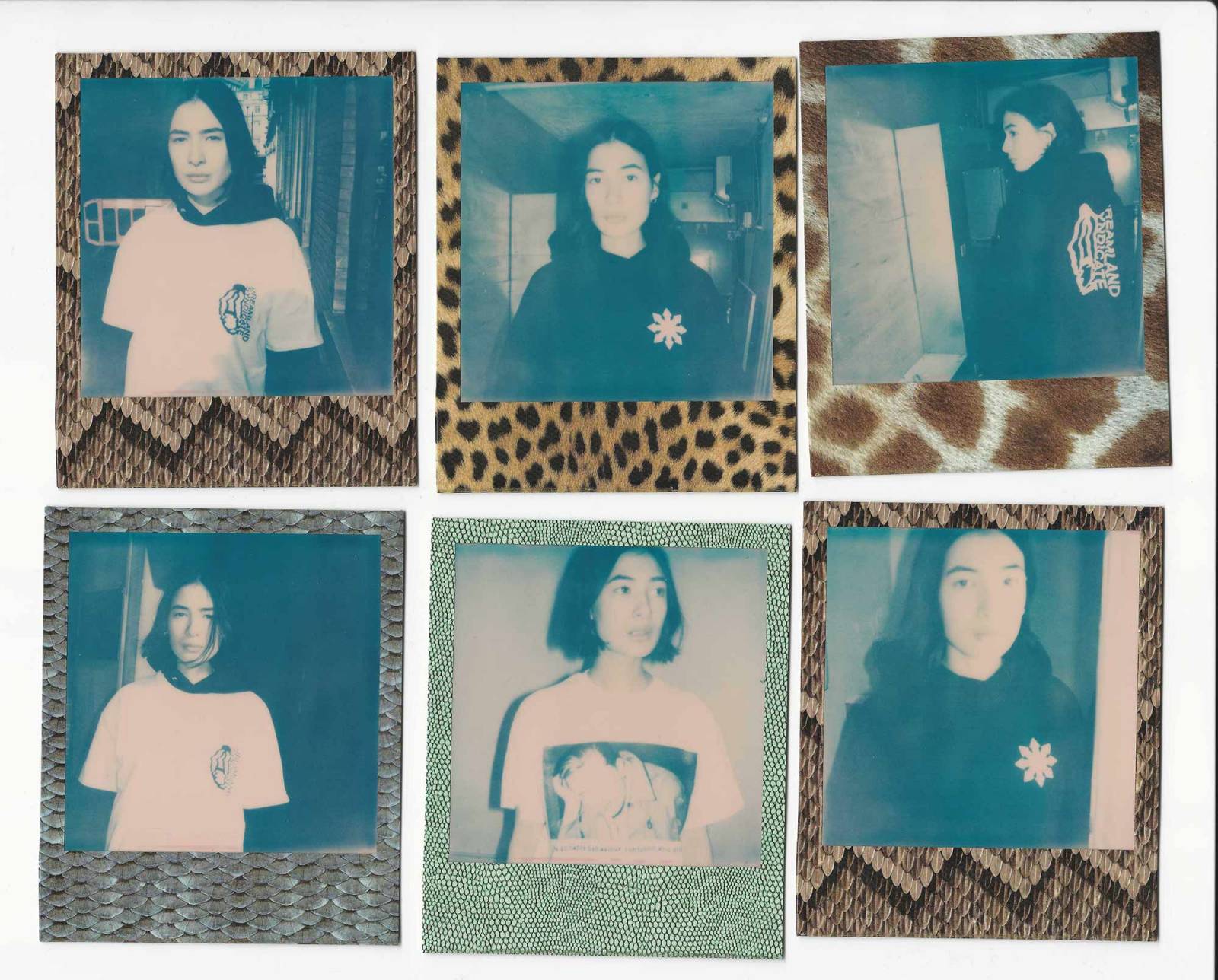
– Poza tym nie oczekiwaliśmy niczego od rynku – mówią, podkreślając swoją pozycję outsiderów. Poza kosztami materiału, nadruku i odszycia, resztę, czyli projekty ubrań, zdjęcia i skład zinów, które stały się lookbookami, a także organizację produkcji, robili i wciąż robią sami. – Mieliśmy za to spory dystans do mody – dodają.
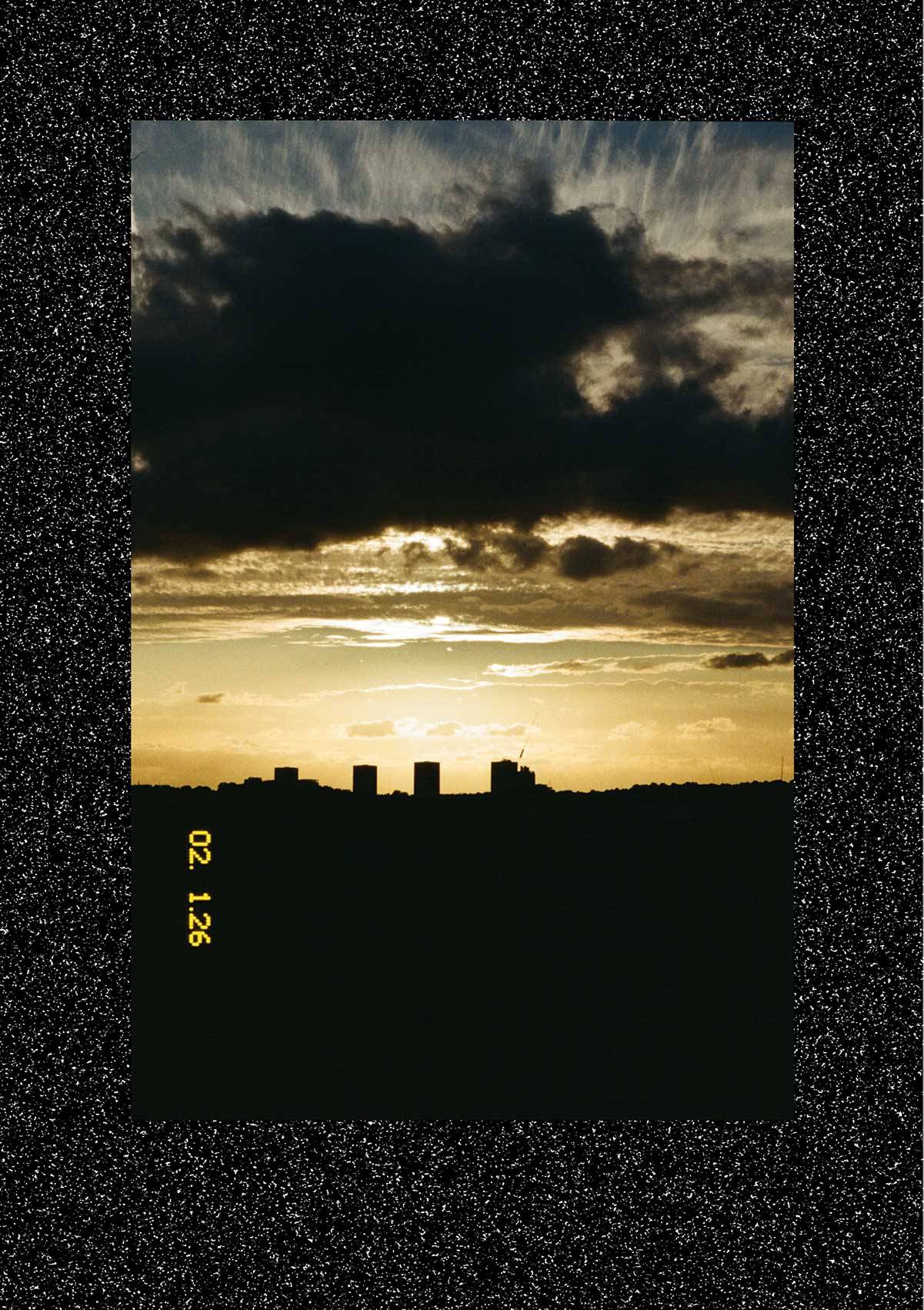
Nie tylko nie identyfikowali się z branżą, ale mieli jej wiele do zarzucenia, przede wszystkim gigantyczną nadprodukcję. Dlatego budując markę, wymyślili autorski sposób działania, który był zgodny z ich wartościami. – Postanowiliśmy odwrócić kolejność. Projektować rzeczy z myślą o konkretnych materiałach, które kupujemy jako końcówki produkcyjne niewykorzystane przez inne marki lub resztki z pozamykanych fabryk. To są różne tkaniny, czasami techniczne, wojskowe albo odzieżowe. Prawie zawsze pochodzą z Europy, wyłącznie z dobrych tkalni – mówi Paweł.
Bazując na krótkich seriach albo dead stockach, marka spożytkowuje niechciane, ale wciąż wysokojakościowe resztki. To obniża koszty produktu, ale mocno ogranicza ilość odszytych sztuk. W rynkowym języku to oznacza krótkie serie, więcej pracy, a w dalszej perspektywie trudności z dużymi kontraktami. Przynajmniej w teorii.
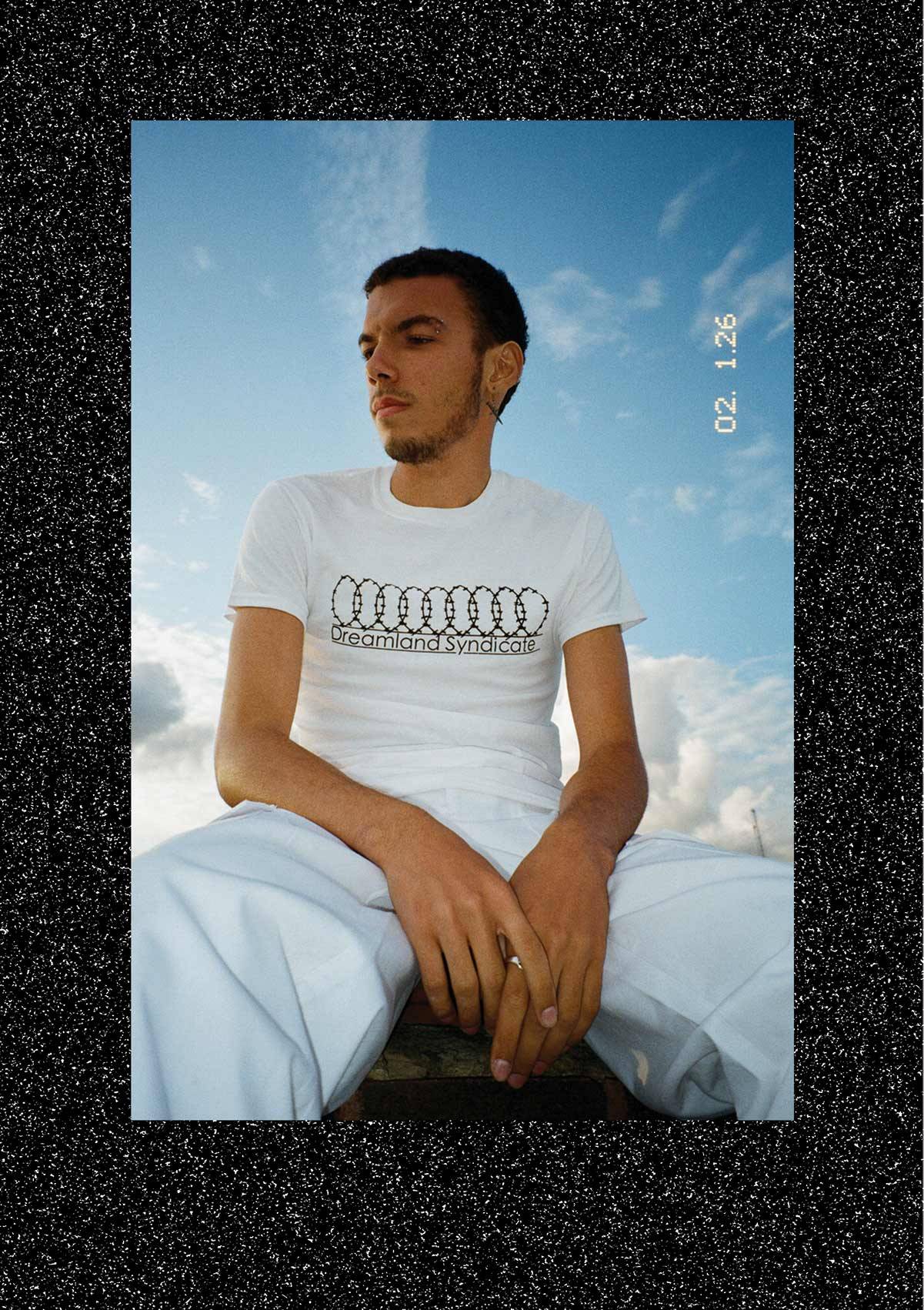
W 2017 roku dostali dużą szansę. Ktoś ze znajomych zasugerował, że pasowaliby do selekcji pewnego showroomu, który podczas paryskiego fashion weeku reprezentuje wybrane marki, nawiązując kontakty z butikami na całym świecie. Chłopcy podeszli do sprawy zadaniowo, spakowali swoją „kolekcję” i pojechali na fashion week. – Mieliśmy wtedy tylko cztery modele koszulek, jeden zin i przypinki. Ale spodobały się – wspominają dziś z rozbawieniem. Dostali swoją szansę, mogli wywiesić rzeczy na korytarzu, bo w głównej hali nie było już miejsca. Wkrótce potem pojawiły się pierwsze zamówienia, głównie z Japonii. Największym zaskoczeniem był odzew ze strony Dover Street Market, znanego concept store'u założonego przez Rei Kawakubo, gdzie obok ubrań z metkami Comme des Garçons czy Balenciagi wiszą też streetwearowe marki, takie jak Stussy, a teraz także polski Dreamland Syndicate.
– Zaczęło się od wstawienia kilku modeli. Później, gdy zrobiliśmy pierwszą kolekcję, zamówili z niej 50 procent. Teraz biorą już całą kolekcję i zlecają coś specjalnego – wylicza Kozi, mając na myśli projekt koszulki „Congratulations” z okazji otwarcia nowej linii Commes des Garçons, CDG, która pojawiła się na rynku w zeszłym miesiącu. Albo instalację „BRICKS CEMENT SAND” przygotowaną podczas londyńskich targów sztuki Frieze. – Zinami wytapetowaliśmy ściany. W gablocie w centralnej części umieściliśmy wszystkie kasety i płyty, które dotychczas ukazały się w DS Records, ziny, książki, a także inne przedmioty różnej maści, które zaprojektowaliśmy w ciągu ostatnich dwóch lat. Myślą przewodnią dropu Bricks Cement Sand jest obserwacja, że miasto, na różne sposoby warunkuje życie i relacje społeczne. Odwołujemy się, do książki „Naked City”, według której przestrzeń w mieście może być płynna i organiczna. Chodzi o tworzenie nisz, w których można się zgubić i poruszać na własny sposób” opowiada Kozi i dodaje „Na jednej z koszulek pojawiła się grafika pociętej mapy miasta. To Warszawa, która właściwie nie ma jednego centralnego punktu. To kwestia naszych wyborów. Ten T-shirt odnosi się do okładki książki Guy'a Deborda, sławnego sytuacjonisty. W grafice chodziło o to, że to my sami możemy tworzyć i odkrywać miasto, trochę jak muzykę robiąc własny mixtape. Masz taśmę, nożyczki — robisz coś tak, jak chcesz – opowiada Kozi.
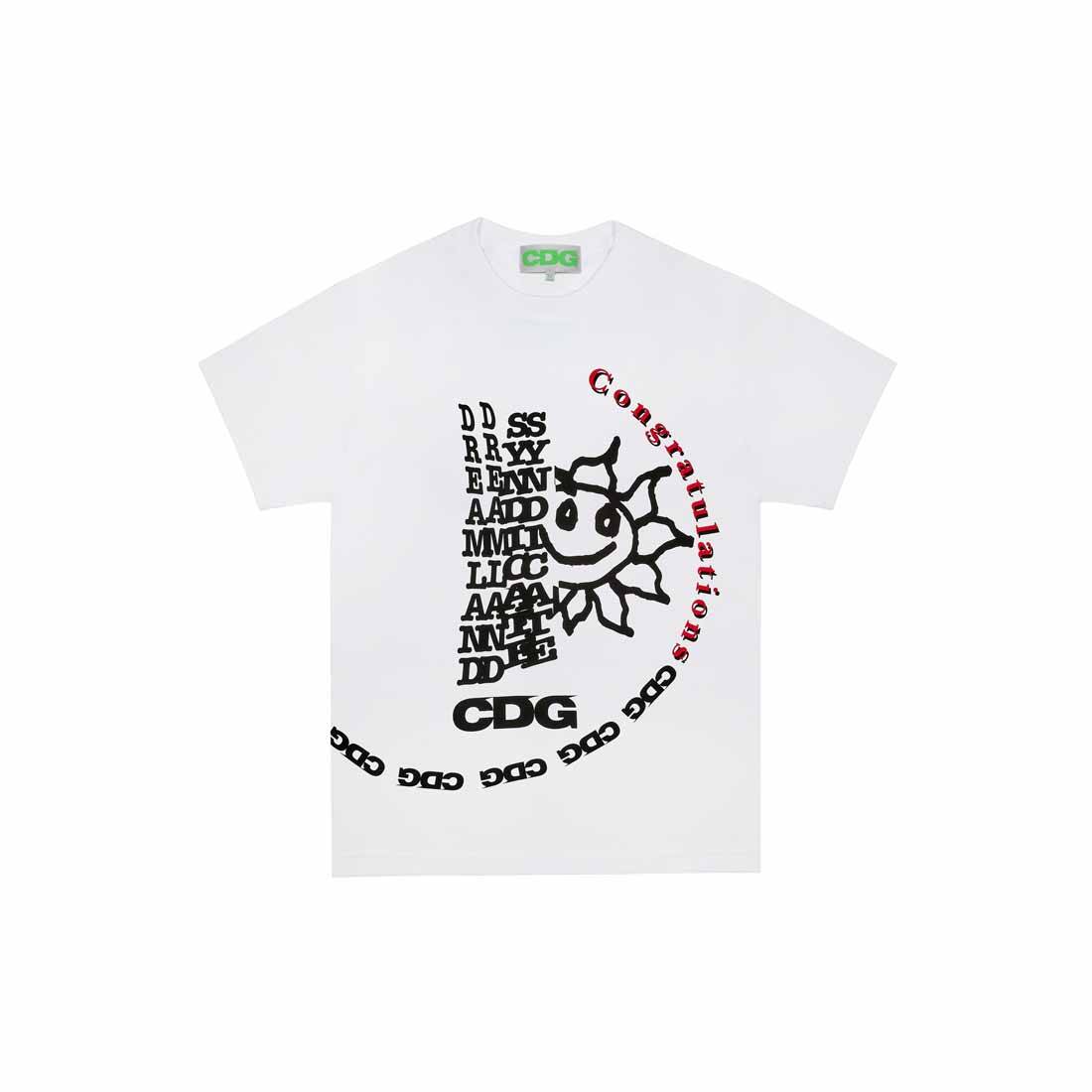
Ich największym rynkiem jest jednak Japonia. Niszowa marka z minimalową estetyką, muzycznym zacięciem i europejskimi korzeniami zadziałała na wyobraźnię. DS pojawia się w największych japońskich miastach w trzech zupełnie różnych typach sklepów – luksusowych DSM Ginza czy United Arrows, streetwearowych z selekcją młodych skejtowych marek – Mortar i Wism i muzycznych jak Waltz, czy legendarny Punk and Destroy. Gdy zadaję chłopakom prowokujące pytanie „Czy w odległym kulturowo Tokio ich przekaz jest czytelny, czy koszulki nie stają się przypadkiem kulturowym przebraniem?”. Paweł odpowiada zdecydowanie: – Może są nawet lepiej rozumiane niż tu, w Polsce. Gdy Japończyk decyduje się na naszą koszulkę, kupuje też kasetę i zin, bo jest głęboko zainteresowany tym, co mamy do powiedzenia. Traktuje to szerzej. Bariera kulturowa jest dla Japończyków wyzwaniem, szybko zgłębiają temat czegoś, czym się interesują i robią to totalnie. W rezultacie japoński rynek wchłania więcej muzyki wydawanej przez DS niż polski.
Czy DS jest nową polską cool marką? Paweł i Kozi, chociaż złapali dobry wiatr i szybują wysoko, łapiąc zupełnie nową perspektywę, bardzo dbają o równowagę w swoim życiu i marce. Po pierwszym „wielkim sukcesie” zachowują spokój i skromność. Nadal produkują w małych lokalnych szwalniach, pracują bez biura, showroomu czy nawet własnego magazynu. – Przecież i tak wszystko dzieje się w mailach i komputerach – przekonuje Paweł. Przechodzą kolejny test autentyczności, mówiąc: – Nie zmieniliśmy cen od początku naszego funkcjonowania. Chcemy być w zasięgu wszystkich tych, którzy chcą nas nosić. To nas jara.



Zaloguj się, aby zostawić komentarz.